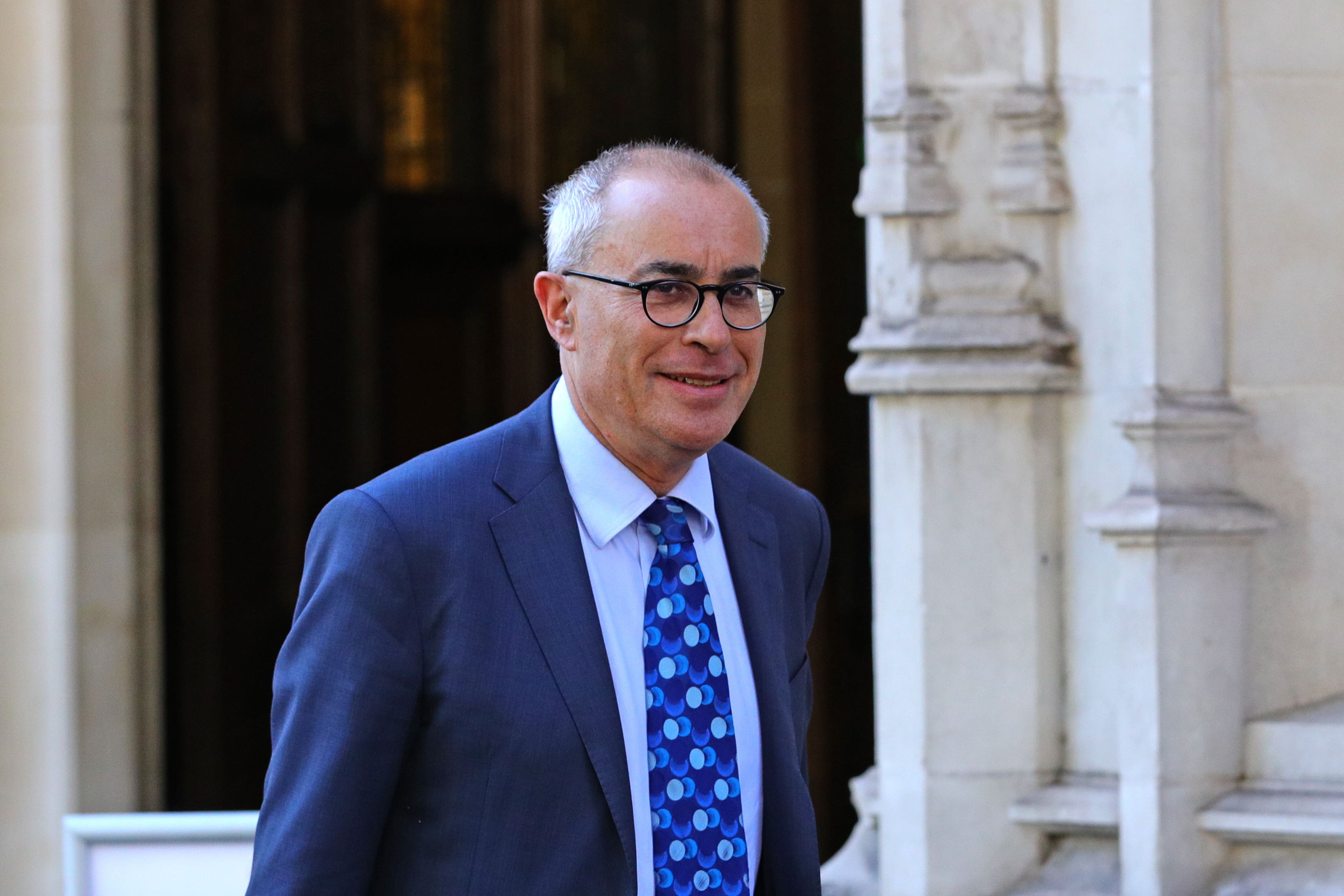Manchester City have landed a blow in their latest legal challenge against the Premier League, after an independent tribunal ruled the league unfairly blocked two of the club’s sponsorship deals and that some of the regulations breached competition law.
The tribunal also concluded that Premier League’s financial fair play calculations should factor in interest-free loans from club shareholders, which clubs such as Everton, Brighton, Arsenal and Chelsea all significantly benefit from. If these loans are now to be considered associated party deals, it means City’s rivals could be in danger of breaching profitability and sustainability rules (PSR).
City launched a legal action against the associated party transaction (APT) rules earlier this year on the grounds they were anti-competitive. The rules are designed to ensure commercial deals with entities linked to a club’s owners are done for fair market value.
The matter is separate to the ongoing case of 115 charges City face for alleged breaches of the Premier League’s financial rules, but the APT rules which City have partially successfully challenged here are central to that larger case.
The Premier League claimed its own victory, pointing to the tribunal’s conclusions that “the objectives, framework and decision-making of the APT system” were broadly sound. The league promised to quickly remedy “a small number of discrete elements of the Rules which do not, in their current form, comply with competition and public law requirements”.
The league also said the panel had rejected City’s argument that the purpose of the rules was to discriminate against clubs with ownership from the Gulf region.
The Premier League said in a statement: “The Premier League welcomes the Tribunal’s findings, which endorsed the overall objectives, framework and decision-making of the APT system. The Tribunal upheld the need for the APT system as a whole and rejected the majority of Manchester City’s challenges. Moreover, the Tribunal found that the Rules are necessary in order for the League’s financial controls to be effective.
The decision represents an important and detailed assessment of the APT Rules, which ensure clubs are not able to benefit from commercial deals or reductions in costs that are not at Fair Market Value (FMV) by virtue of relationships with Associated Parties. These Rules were introduced to provide a robust mechanism to safeguard the financial stability, integrity and competitive balance of the League.”

But the independent panel of three retired judges also deemed that City were unfairly blocked from completing sponsorship deals with two associated companies, Etihad Aviation Group and the First Abu Dhabi Bank, because the UAE-owned club were, in the first instance, not given the chance to respond to the league’s analysis of fair market value, and in the latter case because they were not given access to a database of comparable deals used by the Premier League to determine fair value.
City said the panel found that APT rules were “structurally unfair” and that the panel had set aside specific decisions of the Premier League to restate the fair market value of the two transactions entered into by the club.
City said in a statement: “The Club has succeeded with its claim: the Associated Party Transaction (APT) rules have been found to be unlawful and the Premier League’s decisions on two specific MCFC sponsorship transactions have been set aside:
“The Tribunal found that both the original APT rules and the current, (amended) APT Rules violate UK competition law and violate the requirements of procedural fairness.
“The Premier League was found to have abused its dominant position.”
While the Premier League insists its financial regulatory framework has been backed by the final report, the changes that must now be implemented as a result could help those clubs backed by wealthy states such as City and Saudi-owned Newcastle to strike more lucrative deals with associated parties.
Both City and other Premier League clubs could now push for compensation over lost earnings as a result of any rules deemed unfair by the tribunal.










